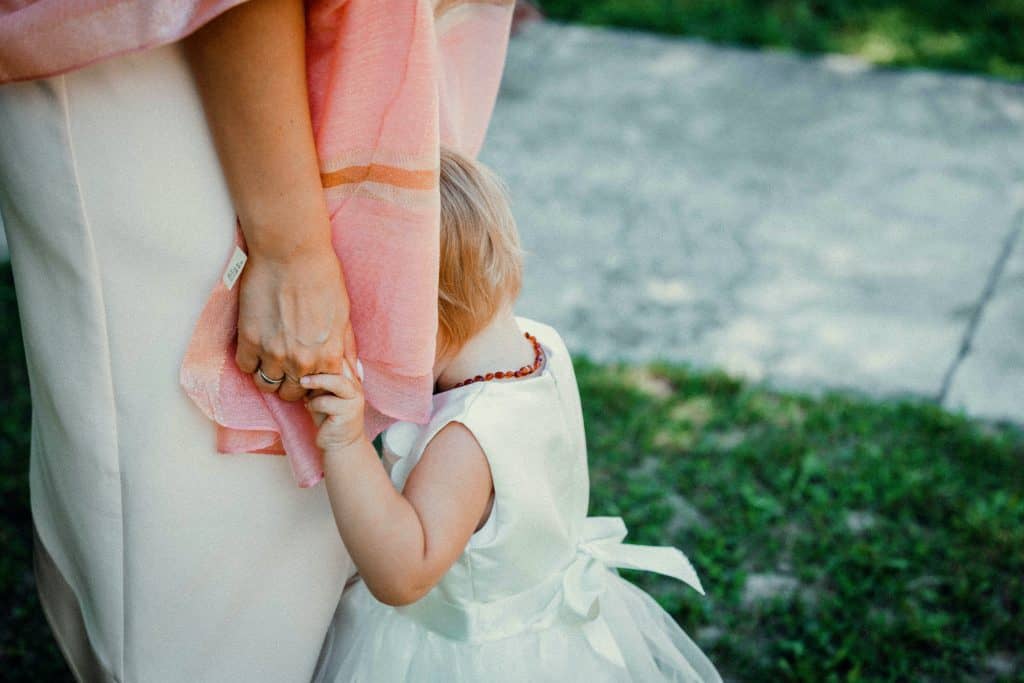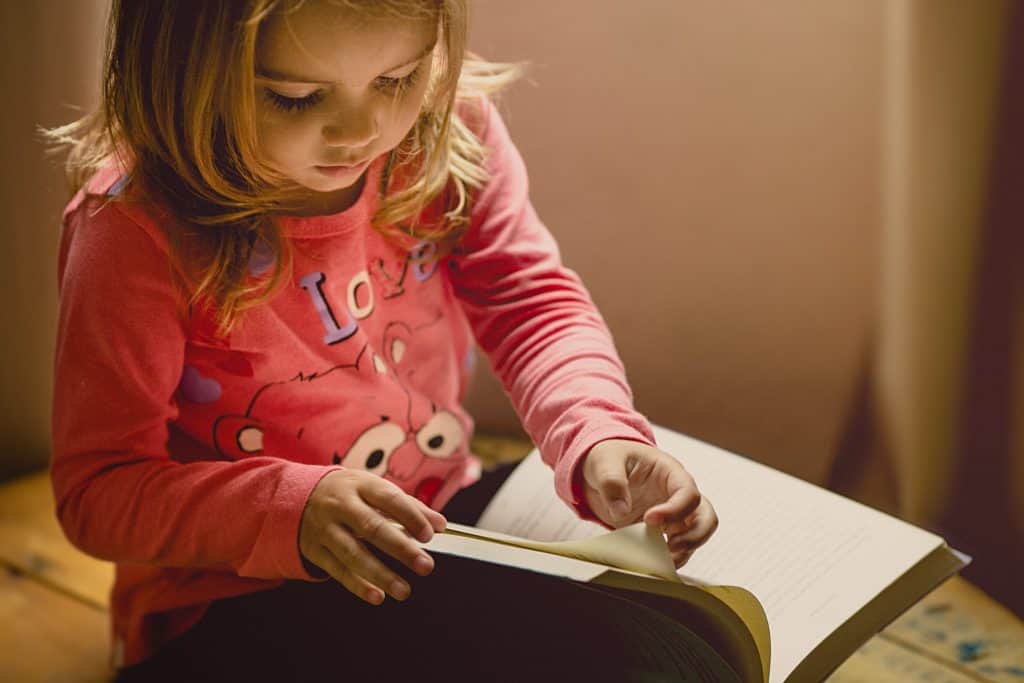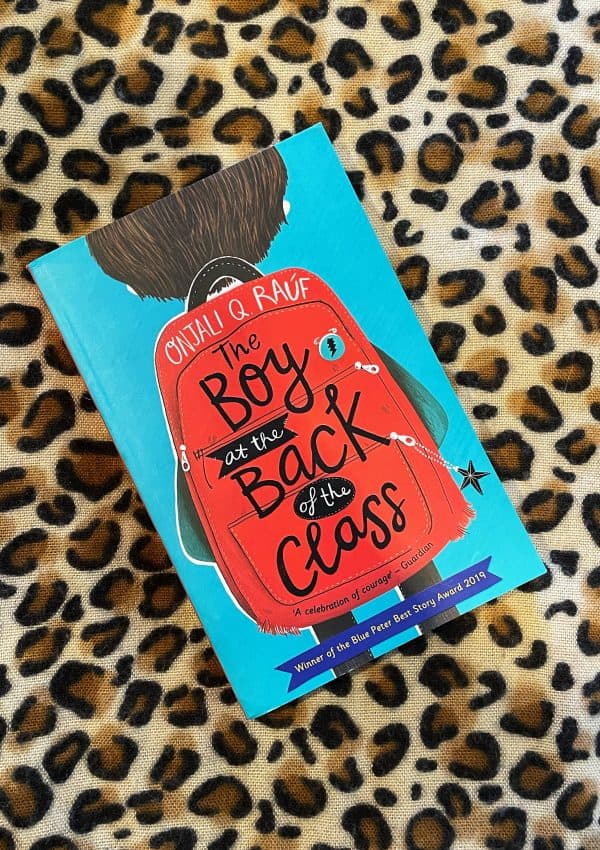Last updated on January 3rd, 2023 at 08:32 pm

Introvert Kids and Extrovert Kids
As parents, we often want our children to have every opportunity they possibly can; perhaps even gaining access to those things we missed out on when we were young. We might have high aspirations. We want them to make the school netball team and we’d love it if they had more than one line in the school play. We organise their diaries as though we’re the most dedicated PA in the country.
And while we hope that they’re good at stuff, we’d also really like them to be popular and involved. For them to be socially at ease, to ‘get stuck in’ at parties, to speak up, be heard and be counted…
But what if your child doesn’t have lots of friends and prefers instead to stick with one or two? What if they’re quiet and like to hold back and observe rather than jump in feet first?And what if they don’t want to partake in every activity you so diligently organise for them? Instead, they’d prefer to spend time alone – playing, reading or just hanging out with you.
It can feel like you’ve missed the mark when this happens, but please be assured – you haven’t.
You’re simply raising an introverted child.
What we sometimes forget is that, just like adults, children all vary in their social preferences. Some are extroverts, and some are introverts.

As a young child, I was definitely on the introverted end of the spectrum. I remember my cheeks flushing red when a teacher-directed a question at me. I remember my stomach turning over when I got up on stage for a drama exam, made worse by my trembling fingers losing their place in the script I was reading from. I think my Mum thought it would be good for my confidence – and actually, after a while, it was.
I also loved spending time on my own writing and drawing.
Only later on, as an adult, was I able to identify that I’m an introvert. I don’t enjoy all the attention being on me, and I’m not a fan of big groups of people. And most importantly, I’ve learnt that that’s ok.
Why We Need Introverts
As a species, there’s no doubt that we prize confidence, assertiveness and gregariousness. We tend to listen to those who talk the most, thinking that they must surely know the answer, and we are more suspicious of those who remain quiet. Who are they, we wonder, and what are they thinking? By the time we reach adulthood, many introverts have learnt to ‘mask’ their introversions because being an extrovert is more acceptable and understood.
One of the favourite books of self-confessed introvert Bill Gates, Susan Cain’s ‘Quiet‘ highlights just how much we need introverts. Cain also reinforces how important it is to give yourself what you need as an introvert: time alone and time to recharge. Her TED talk on ‘The Power of Introverts’ explains more:
We need to remember the strengths of introverts; the qualities that introverts bring to the table and why they are so important. The world is a wonderful mix of both extroverts and introverts and thank goodness for that. We need both, and we should welcome and honour both.
Extroverts bring energy, enthusiasm and action. While introverts give us consideration, reflection and sensitivity.
So what should you do if your child is the one who won’t let you leave the room at that party or doesn’t ever get picked to do the reading at the school assembly?

For introvert children, the best thing to do is not make a big thing out of it. The more you resist your child’s feelings, the more deeply they’ll be felt. What might then rear its head is an unhealthy dollop of shame for having those feelings in the first place.
One of the most important things I’ve learnt in my time as a social worker is that, if you deny children’s feelings (“no, you’re not ugly – you’re beautiful”; “don’t feel sad about not being invited to the party, we’ll go out for ice cream instead”) – then you’re inadvertently telling them that they’re wrong to feel the way they do.
This is still a work in progress for me. It’s undeniably tough to see your child in emotional pain, just as it is to see them hurt physically. It takes practice to sit with them in those feelings.
We need to validate children’s feelings, while also giving them the gentlest of nudges to push themselves out of their comfort zones. Because we all need to be pushed out of our comfort zones every once in a while – even introverts.
Here are some of my tips for parents of introvert kids:
- Think carefully about the school you send your introverted child to. If you can, try and identify one that’s small, nurturing and focuses on the individual.
- Don’t overstimulate your child. Look at what they enjoy doing and work with that. Introvert kids don’t like to have every minute of their day filled. They like to have time to decompress and unwind after a busy day at school.
- Team sports may not be their thing. A sport or activity where they are alongside others but not experiencing the pressure of being part of a team may be preferable (try swimming or athletics).
- Give them plenty of opportunity to be out in nature. Gardening, walking or running are all great options. Introvert children are often very in tune with their environment and get energy and sustenance from this.
- Pets are also great for introverted children. There’s no pressure and they can be completely themselves!
- Promote those few special relationships that your child has, while also gently exposing them to others. Demonstrate yourself (while with them) how to interact socially with others you don’t know so well.

For extrovert parents, it can be particularly challenging to understand where introvert kids are coming from. But the wonderful thing is, we can learn from each other and can appreciate those qualities which are different from our own. An extrovert can find much-needed calmness and respite in spending an afternoon baking or gardening with their introverted child. Just as I, as an introvert, sometimes love spending time with extroverted friends who bring laughter and fun into my life.
And remember that, as your child grows into an adult, they will find their own path and come to realise what it is they enjoy. The most important thing you can do as a parent is help them realise sooner rather than later that it’s ok to be an introvert.
More Info…
If your child is struggling with anxiety (not uncommon for introvert kids), take a look at How NLP For Kids Can Help With Anxiety.
Or go here, for tips on How To Help Your Kids Overcome The Negativity Bias.
For book recommendations, head to The 5 Best Books To Help Kids Think About Kindness and Confidence.






[…] If your child is more introvert than extrovert, there’s some good advice for you here. […]